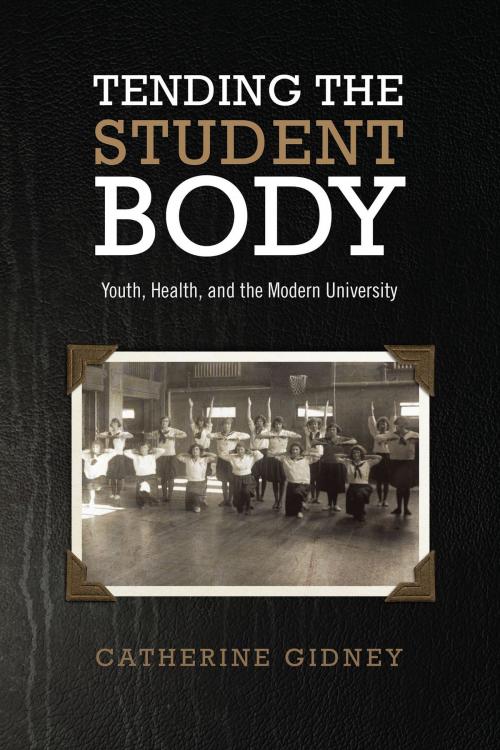Tending the Student Body
Youth, Health, and the Modern University
Nonfiction, Reference & Language, Education & Teaching, History, Higher Education, Social & Cultural Studies, Social Science, Gender Studies| Author: | Catherine Gidney | ISBN: | 9781442669437 |
| Publisher: | University of Toronto Press, Scholarly Publishing Division | Publication: | February 5, 2015 |
| Imprint: | Language: | English |
| Author: | Catherine Gidney |
| ISBN: | 9781442669437 |
| Publisher: | University of Toronto Press, Scholarly Publishing Division |
| Publication: | February 5, 2015 |
| Imprint: | |
| Language: | English |
In the early twentieth century, university administrators and educators regarded bodily health as a marker of an individual’s moral and mental strength and as a measure of national vitality. Beset by social anxieties about the physical and moral health of their students, they introduced compulsory health services and physical education programs in order to shape their students’ character. Tending the Student Body examines the development of these health programs at Canadian universities and the transformation of their goals over the first half of the twentieth century from fostering moral character to promoting individualism, self-realization, and mental health.
Drawing on extensive records from Canadian universities, Catherine Gidney examines the gender and class dynamics of these programs, their relationship to changes in medical and intellectual thought, and their contribution to ideas about the nature and fulfilment of the self. Her research will be of interest to historians of medicine, gender, sport, and higher education.
In the early twentieth century, university administrators and educators regarded bodily health as a marker of an individual’s moral and mental strength and as a measure of national vitality. Beset by social anxieties about the physical and moral health of their students, they introduced compulsory health services and physical education programs in order to shape their students’ character. Tending the Student Body examines the development of these health programs at Canadian universities and the transformation of their goals over the first half of the twentieth century from fostering moral character to promoting individualism, self-realization, and mental health.
Drawing on extensive records from Canadian universities, Catherine Gidney examines the gender and class dynamics of these programs, their relationship to changes in medical and intellectual thought, and their contribution to ideas about the nature and fulfilment of the self. Her research will be of interest to historians of medicine, gender, sport, and higher education.















